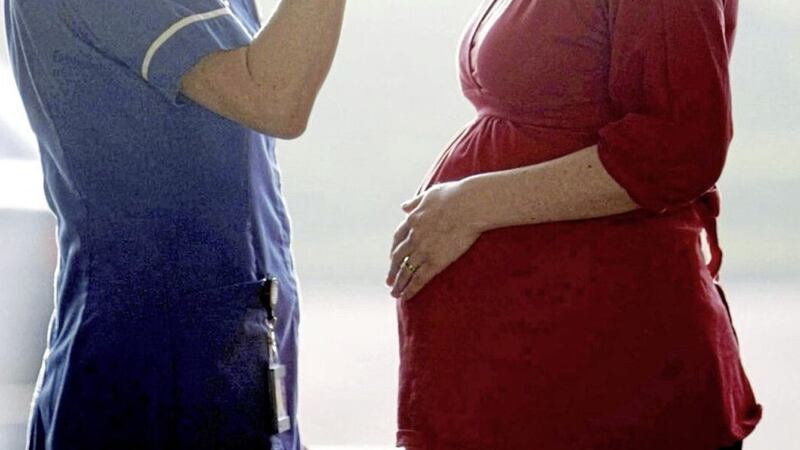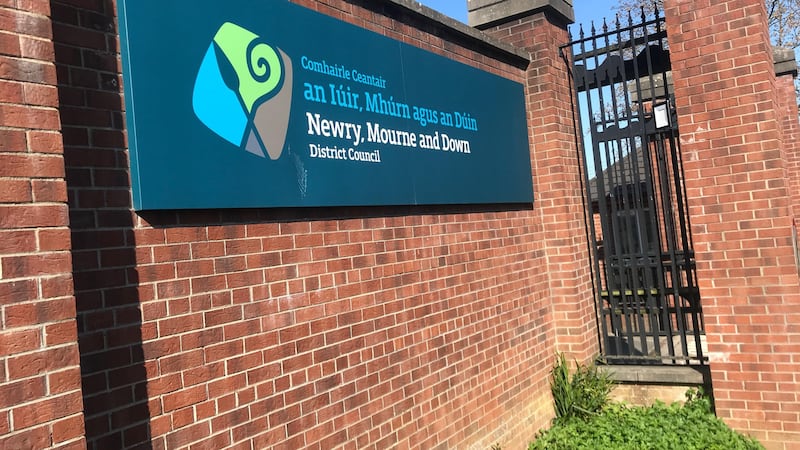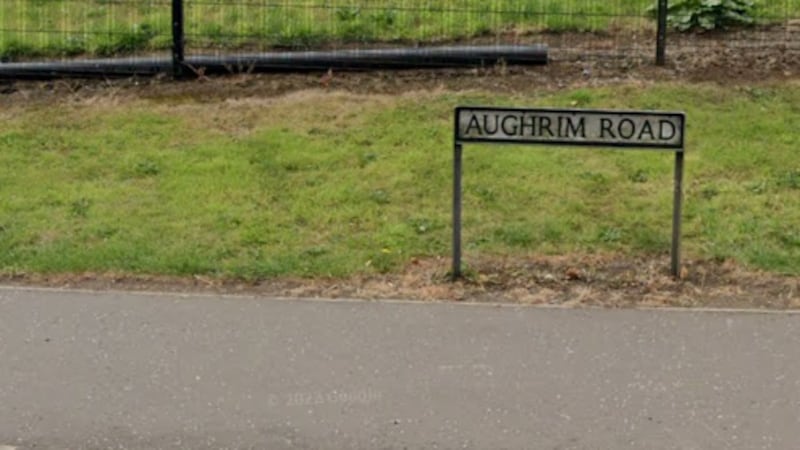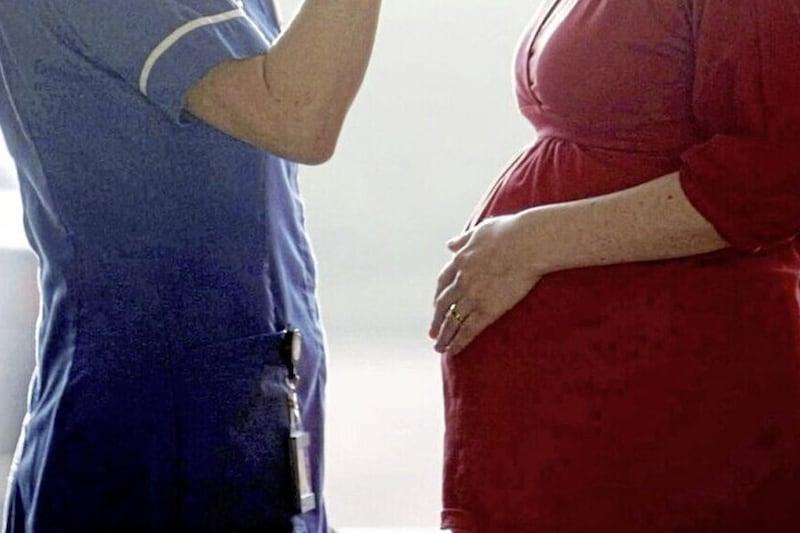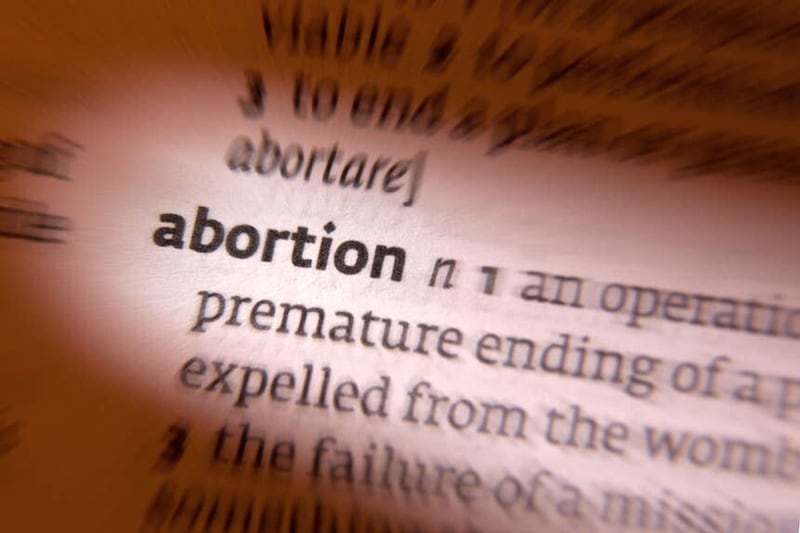MIDWIVES in the north are "exhausted, fragile and burnt out", it has been claimed as they agreed to industrial action following a ballot.
The Royal College of Midwives (RCM) in Northern Ireland has seen members back action short of a strike by 93.9 per cent, following a ballot that opened in February and closed on Tuesday.
Asked if they were prepared to take part in strike action, 89.09 per cent said they were.
The ballot followed a consultation late last year where around 90 per cent of midwives voted to strike if a 4 per cent pay award was implemented.
Midwives in Wales voted for a walk out last month over pay, before the planned action was paused to consider a new pay offer that was eventually rejected.
The recent NI ballot of RCM members saw a turnout of 55 percent of those eligible to cast a vote who work in the health service.
The RCM's director for Northern Ireland, Karen Murray, said the response to the ballot reflects "growing anger and frustration" over a pay award that "goes nowhere near to making up for a decade and more of pay freezes and pay stagnation".
It has been warned that unless conditions improve, many midwives will "simply head for the door".
Ms Murray has previously said that any strike would still allow for patients to expect "safe care", with strike days being close to bank holiday services.
The safety of women and babies would remain "paramount" during any industrial action, she said ahead of the ballot opening.
Midwives in the north last took to picket lines over pay in 2015.
Ms Murray said the north's political impasse has left services "rudderless for far too long" with "no maternity strategy and no plan to drive improvements in maternity care for women and working conditions for midwives".
"Not only is this taking a heavy toll on our members, it’s ultimately impacting care for women," she added.
"Ms Murray added: "Our members are exhausted, fragile and burnt out. This is terrible for them and is having an impact on the care they can deliver for women, babies, and families. A solution to these issues must be found, and soon."
The ballot result will now be considered by the RCM's elected board before any decision on action is made.
A spokesperson for the Department of Health told The Irish News that the lack of an Executive at Stormont was hindering a resolution to the pay dispute.
"The department fully understands the frustration of staff across health and social care, who have worked in extremely challenging circumstances over the last three years and continue to do so," the spokesperson said.
"The NHS pay disputes can only be resolved at national level. Northern Ireland has a policy of pay parity with England HSC for staff covered by the Agenda for Change framework, including midwives.
"Given that policy position, the absence of Ministers and current budgetary realities, there is no scope for a resolution at local level."
